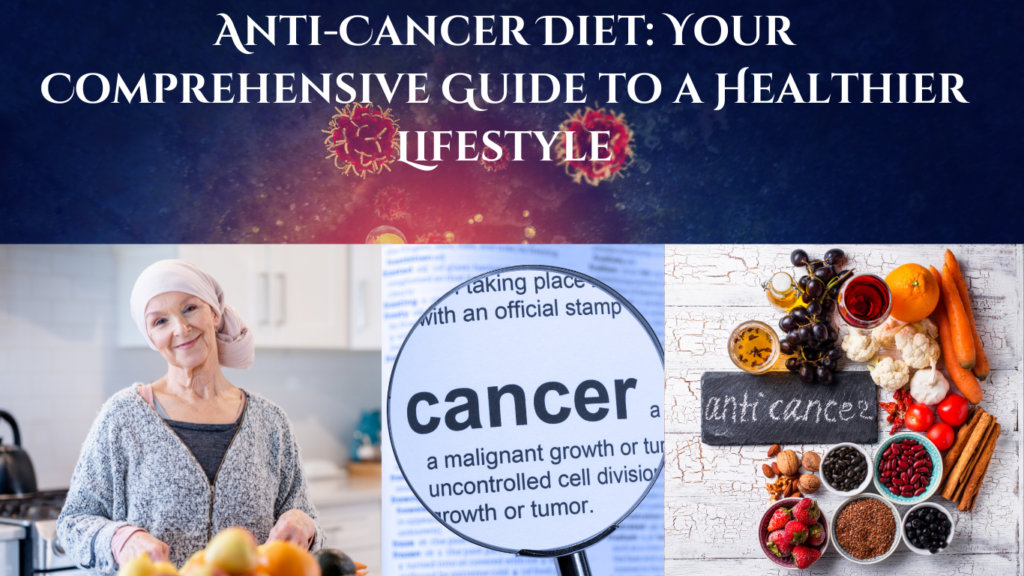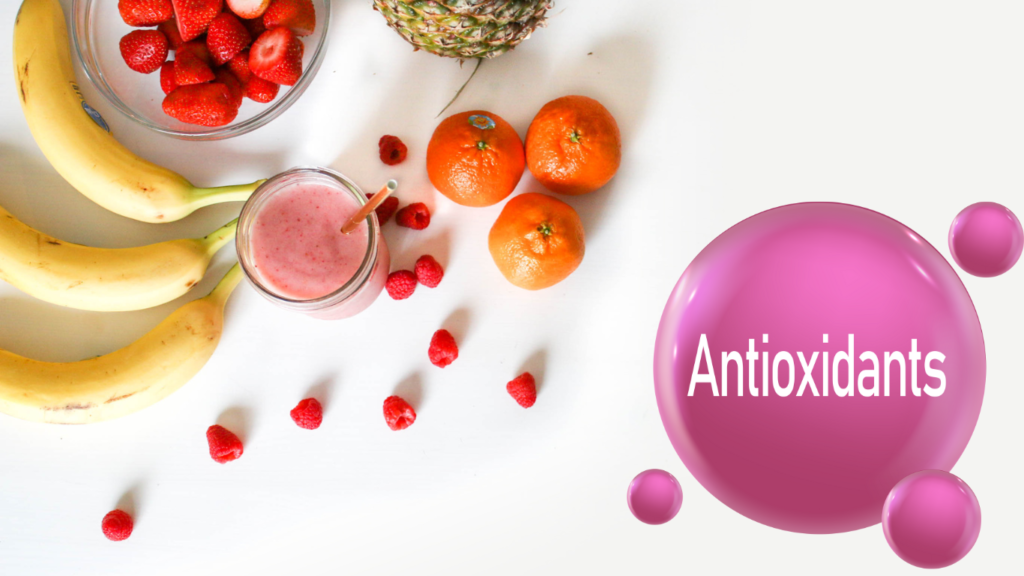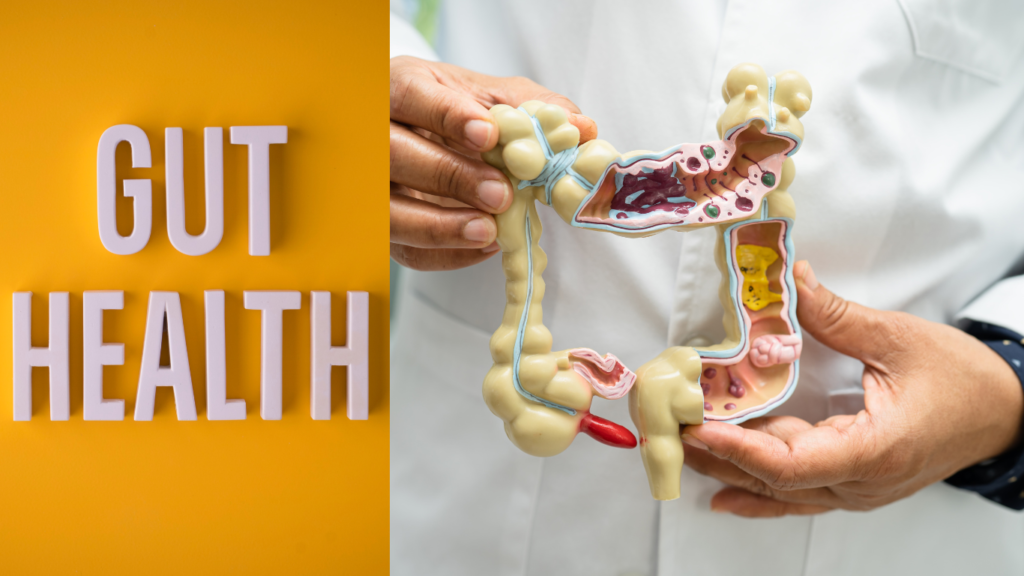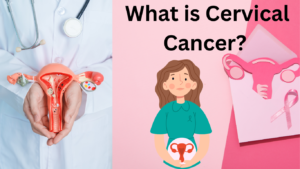
Anti-Cancer Diet: Your Comprehensive Guide to a Healthier Lifestyle
Cancer, a disease characterized by the uncontrolled growth and spread of abnormal cells, affects millions of people worldwide. While advancements in medical science have led to various treatment options, prevention remains a critical aspect of combating cancer. One effective approach to reducing the risk of cancer is through adopting an anti-cancer diet.
The Role of Diet in Cancer Prevention
The role of an anti-cancer diet in prevention is multifaceted and crucial for reducing the risk of developing cancer. By adopting specific dietary habits and consuming nutrient-rich foods, individuals can bolster their body’s natural defenses against cancerous cell growth. Here’s a detailed explanation of how an anti-cancer diet contributes to prevention:
- 1. Nutrient Density: An anti-cancer diet emphasises consuming foods that are rich in essential nutrients such as vitamins, minerals, antioxidants, and phytochemicals. These nutrients play pivotal roles in supporting various cellular functions, strengthening the immune system, and combating oxidative stress, which can damage cells and contribute to cancer development.
- 2. Antioxidant Properties: Many fruits, vegetables, and other plant-based foods are potent sources of antioxidants, which help neutralise harmful free radicals in the body. Free radicals are unstable molecules that can cause cellular damage and increase the risk of cancer. By consuming antioxidant-rich foods, individuals can mitigate oxidative stress and protect their cells from damage.

- 3.Anti-inflammatory Effects: Chronic inflammation is closely linked to cancer development, as it can promote tumour growth and progression. Certain foods, such as nuts, seeds, and leafy greens, possess anti-inflammatory properties that help reduce inflammation in the body. By incorporating these foods into their diet, individuals can lower their overall inflammatory burden and decrease their risk of cancer.
- 4.Gut Health: The health of the gut microbiota, comprising trillions of bacteria residing in the digestive tract, plays a crucial role in immune function and inflammation regulation. A diet rich in fibre, prebiotics, and probiotics supports a diverse and balanced microbiome, which in turn helps maintain a healthy immune system and reduces the risk of gastrointestinal cancers.

- 5.Balanced Hormone Levels: Hormonal imbalances, particularly elevated levels of oestrogen, have been associated with an increased risk of certain cancers, such as breast and ovarian cancer. Consuming a diet that includes phytoestrogen-rich foods like soybeans, flaxseeds, and legumes can help modulate hormone levels and reduce cancer risk.
- 6. Maintaining a Healthy Weight: Obesity is a significant risk factor for several types of cancer, including breast, colorectal, and pancreatic cancer. An anti-cancer diet promotes weight management by encouraging the consumption of nutrient-dense, low-calorie foods while minimising the intake of processed foods, sugary beverages, and high-fat snacks.
- 7.Reducing Exposure to Carcinogens: Certain dietary choices, such as limiting the consumption of processed meats, charred or smoked foods, and foods cooked at high temperatures, can help reduce exposure to carcinogenic compounds. By avoiding or minimising the intake of these potentially harmful substances, individuals can lower their risk of developing cancer.
Foods to Avoid in Cancer Prevention
1 .Processed meats
Processed meats contain additives and preservatives that may increase the risk of cancer, particularly colorectal cancer.
2 .Sugary foods and beverages
High consumption of sugar has been linked to obesity and an increased risk of various cancers, including breast and pancreatic cancer.
3.Fried foods
Fried foods are high in unhealthy fats and may produce carcinogenic compounds when cooked at high temperatures.
4.Excessive alcohol
Heavy alcohol consumption is associated with an elevated risk of several cancers, including liver, breast, and esophageal cancer.

Anti-Cancer Diet and Lifestyle Changes
1.Importance of hydration
Staying hydrated is essential for overall health and may help flush out toxins from the body, reducing the risk of cancer.
2.Regular exercise
Engaging in regular physical activity helps maintain a healthy weight and reduces the risk of cancer, as well as other chronic diseases.
3.Stress management techniques
Chronic stress can weaken the immune system and contribute to inflammation, increasing susceptibility to cancer. Practising stress-reduction techniques such as mindfulness and relaxation exercises can be beneficial.
To know more join over cancer rehabilitation program click here



